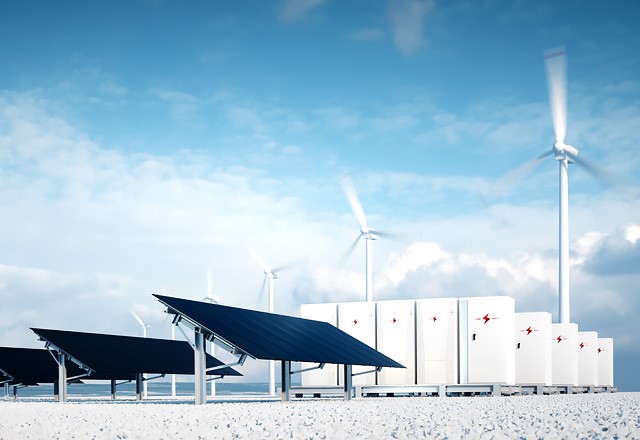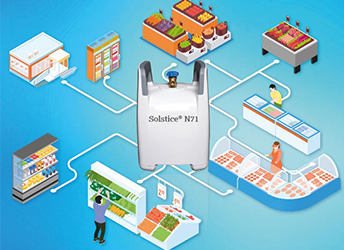
Back
CĂUTARE CU
Solution Finder
Explorați și găsiți cele mai bune produse pentru activitatea dumneavoastră
DESCOPERIȚI
Soluție în funcție de industrie
Utilizați acest instrument pentru a descoperi gamele noastre pentru procesul dvs.

Găsiți soluția dumneavoastră


Soluții pentru reducerea amprentei de carbon: sisteme de refrigerare, răcire sau încălzire, depozitare frigorifică, congelare, ambalare, maturare (refrigeranți, lichide de transfer termic, agenți de expansiune pentru ambalaje izolate, detectarea scurgerilor, curățarea și dezinfectarea suprafețelor sau a spațiilor etc.).
Soluțiile noastre pentru sectorul alimentar
Soluții inovatoare pentru eficiența energetică a clădirilor: aer condiționat, producția de apă răcită (lichide de transfer termic pe bază biologică, refrigeranți cu GWP redus), agenți expansiune pentru panouri termoizolante și agenți extinctori, curățarea sistemelor HVAC, golirea/umplerea sau încărcarea/recuperarea agenților frigorifici uzați etc.
Soluțiile noastre pentru clădiri
Soluții pentru energie solară, geotermală, nucleară, electrică, eoliană și ORC: SF6 regenerat, pentani, refrigeranți cu GWP scăzut, lichide de transfer termic, uleiuri, HFO etc.
Soluțiile noastre pentru energie
Soluții inovatoare pentru propulsoarele de aerosoli cosmetice și farmaceutice (deodorante, geluri de ras, anestezianți etc.), conservarea vaccinurilor/bănci de sânge (refrigeranți la temperaturi foarte scăzute), protecția dielectrică a echipamentelor (microscop, RMN), proiectarea rezervoarelor subterane (inginerie).
Soluțiile noastre pentru sănătate - servicii medicale
Soluții pentru aerul condiționat al automobilelor, transportul maritim, frigorific și aerian (gaze sau refrigeranți, uleiuri, agenți de expansiune, curățarea și dezinfectarea suprafețelor sau a spațiilor, agenți extinctori), fabricarea scaunelor/ volanului (piele spumă) etc.
Soluțiile noastre pentru industria auto - transport
În calitate de pionier în domeniul refrigerării responsabile prin recuperarea și reciclarea gazelor fluorurate cu efect de seră, conceptul...
Mai multe informații




Acoperirea noastră teritorială ne permite să fim și mai aproape de clienții noștri. Diversitatea culturală și lingvistică a angajaților noștri ne îmbogățește marca și ne întărește capacitatea de a răspunde la nivel local la nevoile specifice ale industriilor.
Istoria mărcii noastre